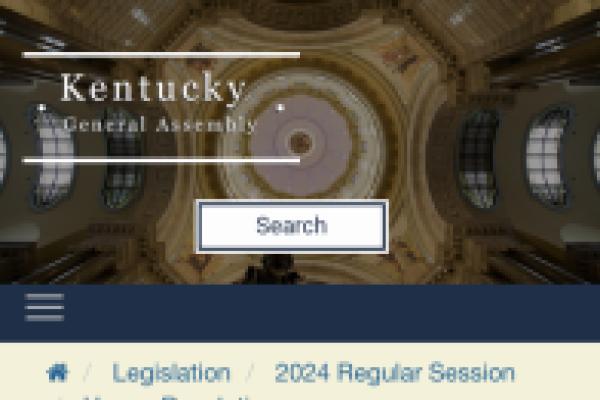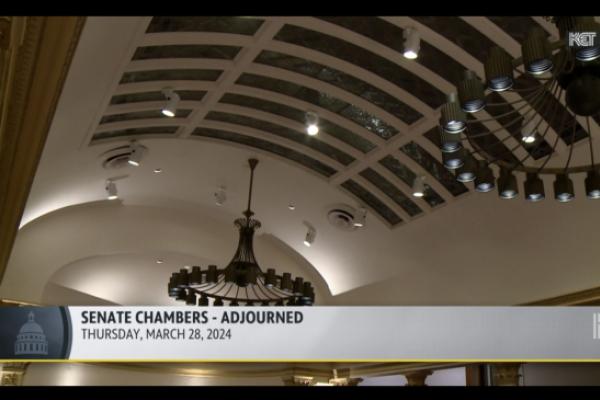I saw this tweet a few days ago and was disturbed. I later read the full quotation in a May 10 Herald Leader article and was horrified.
The governor's general counsel, Steve Pitt, is quoted as writing, "Judge Shepherd clearly erred in holding that a preliminary draft report, prepared for a bill that was never introduced, is subject to disclosure under the state Open Records Act. Under that theory, all documents prepared by state employees would be open to inspection by the public, and the Open Records Act would be rendered a virtual nullity."
We'll let the Kentucky Court of Appeals decide whether an actuarial analysis that was statutorily required, and created at public expense, after the details of the governor's solution to the pension crisis was publicly announced is a preliminary draft.
The appellate courts will decide if Pitt's apocalyptic vision of a world — in which no public record currently recognized as a preliminary draft, note, recommendation, or opinion, would be shielded from public disclosure under the Franklin Circuit Court's legal analysis — is correct.
This much I can tell you. The appellate courts will have to overturn 37 plus years of their own interpretation of the law to reach this conclusion. Conversely, the courts can easily reaffirm well-entrenched statutory interpretation and affirm the circuit court's opinion without hastening the end of civilization.
It's the final clause of Pitts's statement that is deeply troubling.
The statement reflects a fundamental misunderstanding of the open records law "which rightly favors disclosure, fosters transparency, and secures the public trust."
These are not my words. They are the words of an appellate court in Cabinet for Health and Family Services v Courier Journal, a 2016 opinion in which the court affirmed $756,000 in penalties for willful nondisclosure of public records.
The legislative policy that supports the open records law, and that is found at KRS 61.871, echoes this unequivocal statement. It declares that "free and open examination of public records is in the public interest," that the exceptions authorizing nondisclosure of records that are otherwise presumptively open must be "strictly construed," and that nothing should impede the public's right to examine public records "even though such examination may cause inconvenience or embarrassment to public officials or others."
Virtually every case, or decision of the attorney general, construing the law begins with this proposition. The mandate of the law, found at KRS 61.872(1), states that "all public records shall be open for inspection" except as the law otherwise provides under narrowly defined circumstances.
Pitt's statement that affirming the right to inspect a public record, here an actuarial analysis, renders the open records law "a virtual nullity" suggests a belief that the law disfavors public access and discourages transparency.
His reasoning appears to be that we void the law when we resolve an open records dispute in favor of the public rather than the agency.
It provides a disturbing insight into the minds of those who, at the highest level of state government, clearly believe that "free and open examination of public records in [NOT] in the public interest."




